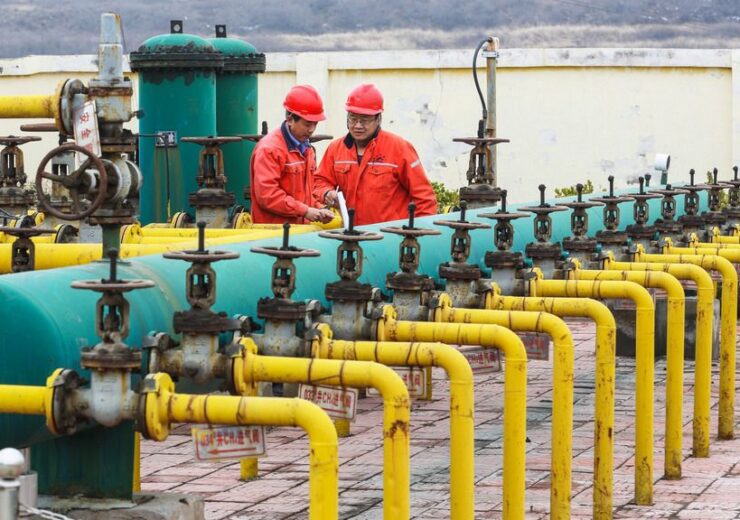ADB has refrained from investing in coal-fired power plants since 2013

Independent evaluation recommends ADB formally withdraw from financing new coal-fired energy projects. (Credit: Asian Development Bank)
Independent Evaluation at the Asian Development Bank (ADB) recommends that the bank revisit its energy policy and formally withdraw from financing new coal-fired energy capacity to support the region to meet the global consensus on climate change. ADB has refrained from investing in coal-fired power plants since 2013. It now needs to align its policy to this practice and clarify its formal institutional position, says the independent evaluation.
The sector-wide evaluation of ADB Energy Policy and Program, 2009–2019, assessed ADB’s assistance to the energy sector across all its developing member countries from 2009 to 2019 and the relevance of its Energy Policy 2009. ADB has been the leading development partner in the energy sectors of several of its developing member countries in lending volume, policy dialogue, and partner coordination. ADB approved $42.5 billion for the energy sector during the evaluation period, most of which went towards electricity transmission and distribution.
The Asia and Pacific region is still heavily reliant on thermal coal for power and heat generation, which is a major contributor to climate change and air pollution. The region has the world’s most coal projects in the pipeline, with 78% of new plants in the pipeline located in ADB’s developing member countries.
“Asia has the highest demand for natural resources and the largest emissions of greenhouse gases contributing to climate change. Therefore, efforts of ADB’s developing member countries to curb these emissions will have worldwide impact,” said ADB’s Director General for Independent Evaluation Marvin Taylor-Dormond. “As a leading development partner in the region, ADB can play a key role in helping address these serious environmental challenges through its energy policy.”
The review found that ADB’s energy program made significant contributions to increasing the availability and reliability of electricity supply, through investment in power grid infrastructure, as well as increasing the share of renewable energy in the region through public and private sector financing. ADB was a pioneering investor in renewable energy in many of its developing member countries. Even so, its energy program fell short of addressing other priorities such as demand-side efficiency, last-mile electrification, and sector reforms.
“The energy sector is undergoing a dramatic, rapid, and global transformation due to new technological advances and climate change concerns. ADB’s current energy policy is no longer adequately aligned with the ongoing transformation and with its new corporate strategy,” said IED Director Nathan Subramaniam. “ADB needs to ensure the new policy is aligned with the global consensus on climate change, its corporate strategy, and recent changes in the energy sectors of the developing member countries.”
The report recommends that ADB revisit and update its energy policy to emphasize climate change mitigation and adaptation as a core priority, place higher emphasis on promoting a more active high-level engagement with developing member countries in their energy sectors, increase support to address gaps in ADB’s energy operations, and expand energy operations in a cross-sectoral fashion beyond the power sector to meet new energy needs in developing member countries.
Source: Company Press Release
